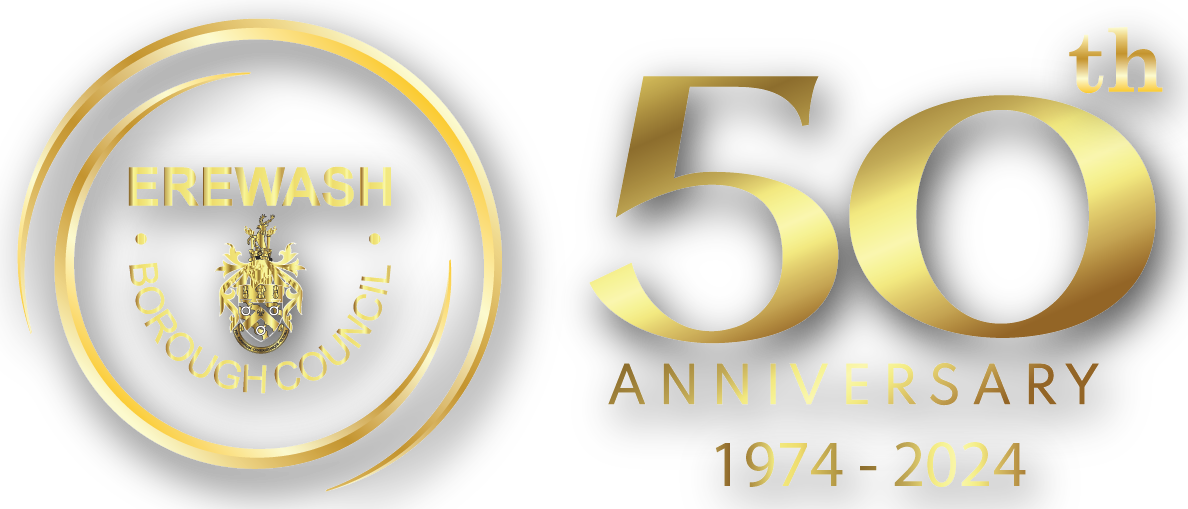Natural Resources Strategy
The Council is committed to responding to the global climate change crisis and has already publicly announced its ambition, through a resolution passed on 10 October 2019, to achieve carbon neutrality for the whole borough by 2050.This announcement however is a continuation of the council’s long standing commitment, made in 2013, to minimise its impact on natural resources by adopting the Local Government Association initiative Climate Local.
The council’s headline commitment at that time was to reduce carbon emissions from its own activities by 19% by 2018. The council developed a suite of plans, collectively referred to as the Natural Resources Strategy, which set out how the council would contribute at a local level to tackling and adapting to the impact of climate change and reducing its own carbon emissions.
The Natural Resources Strategy is made up of the following plans:
- Carbon Management Plan
- Adaptation Plan
- Smarter Choices Plan
- Employee Travel Plan
- Waste Plan
- Upgrades to the heat recovery system at one of the Council swimming pools;
- Improved monitoring of heating systems within Council owned buildings;
- The installation of LED lighting in offices, car parks and sports halls;
- Installation of a voltage optimisation systems at two of the council’s leisure centres; and
- Investment in new fleet vehicles with cleaner engine technologies.
The Council continues to purchases green tariff electricity which supports the production of electricity from renewable sources and has also improved the way in which energy use is managed and monitored through the use of IT systems and smart meters in the town halls.
Although the council’s progress towards achieving further carbon emission reductions has been significantly disrupted due the impact of the COVID pandemic the council completed a major refurbishment and modernisation of Toll Bar House in 2021. A key aspect of the refurbishment was the inclusion of a range of measures to decarbonise the 70-year-old building whilst creating office space for local businesses.
Works included upgrades to windows, heating, lighting, water systems and thermal installations, as well as the installation of a range of low carbon technologies such as roof-mounted solar PV with battery storage, energy-efficient storage heating, and LED lighting across all three storeys. The refurbishment was made possible after the council secured a grant award of £126,000 from the Governments Decarbonisation Scheme.
The refurbishment of Toll Bar House is expected to reduce the council’s overall carbon emissions by a further 13 tonnes per annum.
In addition the council has also been awarded £750,000 through the Local Authority Delivery scheme to raise the energy efficiency of 84 homes in Erewash with lowest energy performance which will make a further contribution to reducing borough wide carbon emissions.
The council’s long term carbon reduction strategy is currently being reviewed and updated with a view to developing a new carbon management/climate action plan that will set out how the council’s commitment to carbon neutrality will be achieved by 2050.
Copies of the plans referred to above (although under review) are still available on request by contacting This email address is being protected from spambots. You need JavaScript enabled to view it. or by telephone on 0115 907 2244.

